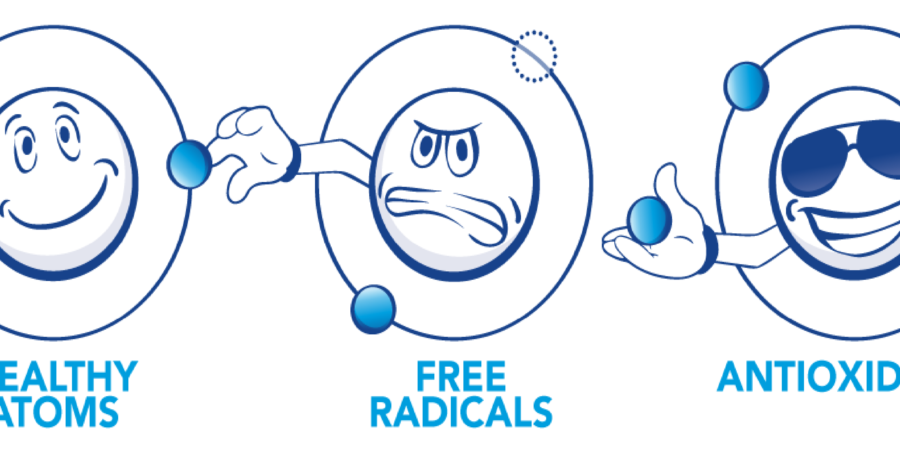Understanding Oxidative Stress: What is it??
Have you heard of oxidative stress? Maybe you have heard of anti-oxidants in various food products, but are unsure of what they ultimately do for your body?
Oxidative stress is an underlying cause of cancer, so understanding what it is and how to manage it, can help you live a longer, healthier life.
To start off, let’s define oxidation. Oxidation happens when our bodies process the oxygen that we breathe and our cells create energy from it. Oxidation happens when our cells use glucose to make energy, when we are fighting off colds/sickness, when our bodies detoxify pollutants, pesticides, and cigarette smoke, etc.
During the oxidation process, free radicals are also produced. Free radicals damage cells and the body’s DNA. Free radicals are normal to some degree, but too many can overwhelm the body’s repair processes and cause oxidative stress. Oxidative stress can cause a number of health conditions including cancer, insomnia, anxiety, Alzheimer’s disease, diabetes, fibromyalgia, and more.
In order to reduce exposure to oxidation..
- Avoid sugar and processed foods while balancing your blood sugar levels.
- Prevent infections: When you get sick and the immune system is fighting off the infection, oxidation is created.
- Allow yourself time to relieve stress: Take breaks during the day, meditate, do yoga, laugh with a friend, exercise, etc.
- Avoid Toxins: Eat organic foods, avoid cigarettes, carpet, plastic, etc.
Increase anti-oxidants in your body to block oxidation by eating the following..
- Consume foods with Glutathione (asparagus, peaches, walnuts, spinach, tomatoes)
- Eat foods high in sulfur (garlic, onions, broccoli, kale, cabbage, avocados)
- Eat foods that are the most colorful (beets, berries, tomatoes)
- Other sources of anti-oxidants include: Nuts and seeds, cinnamon, ginger, turmeric


Comments are closed.